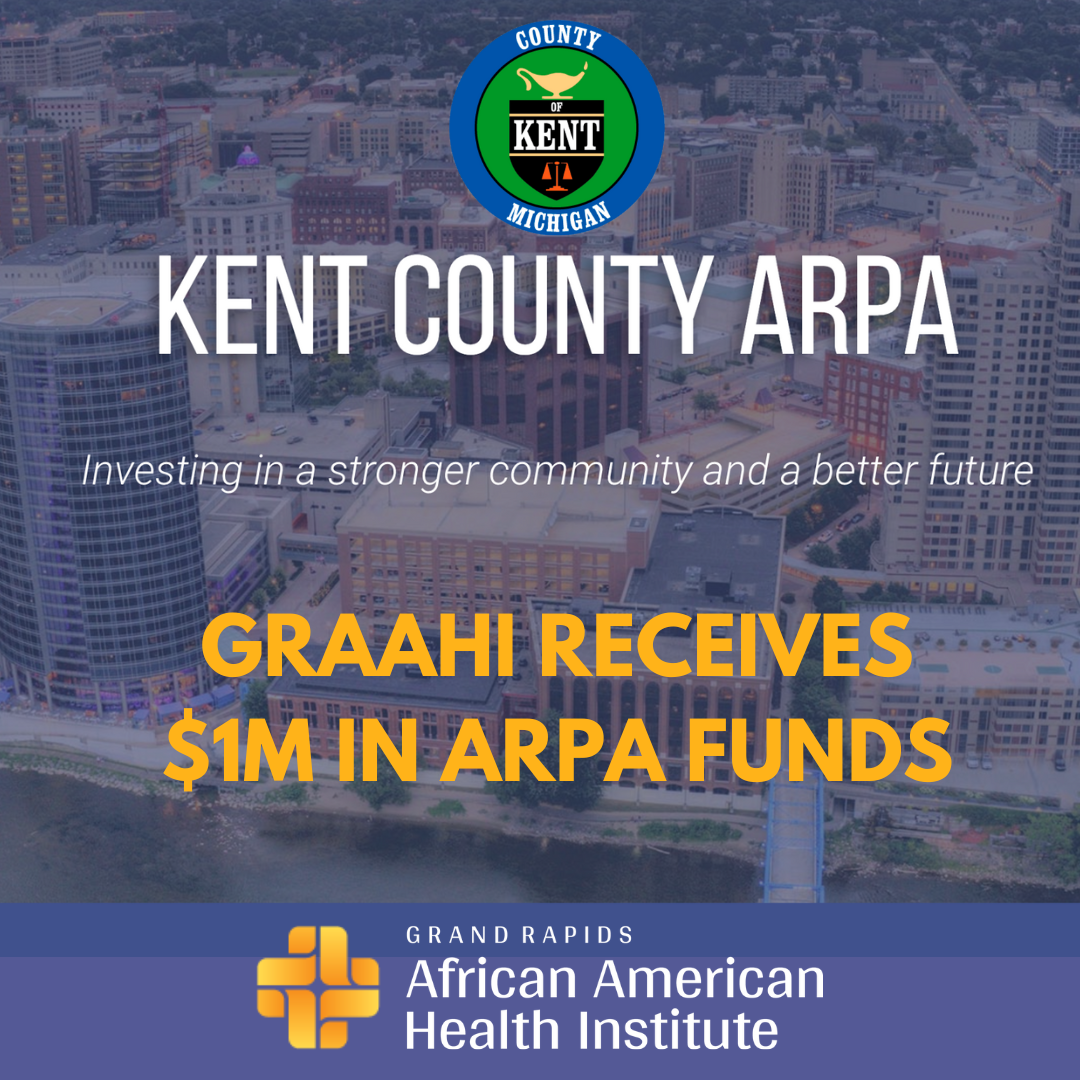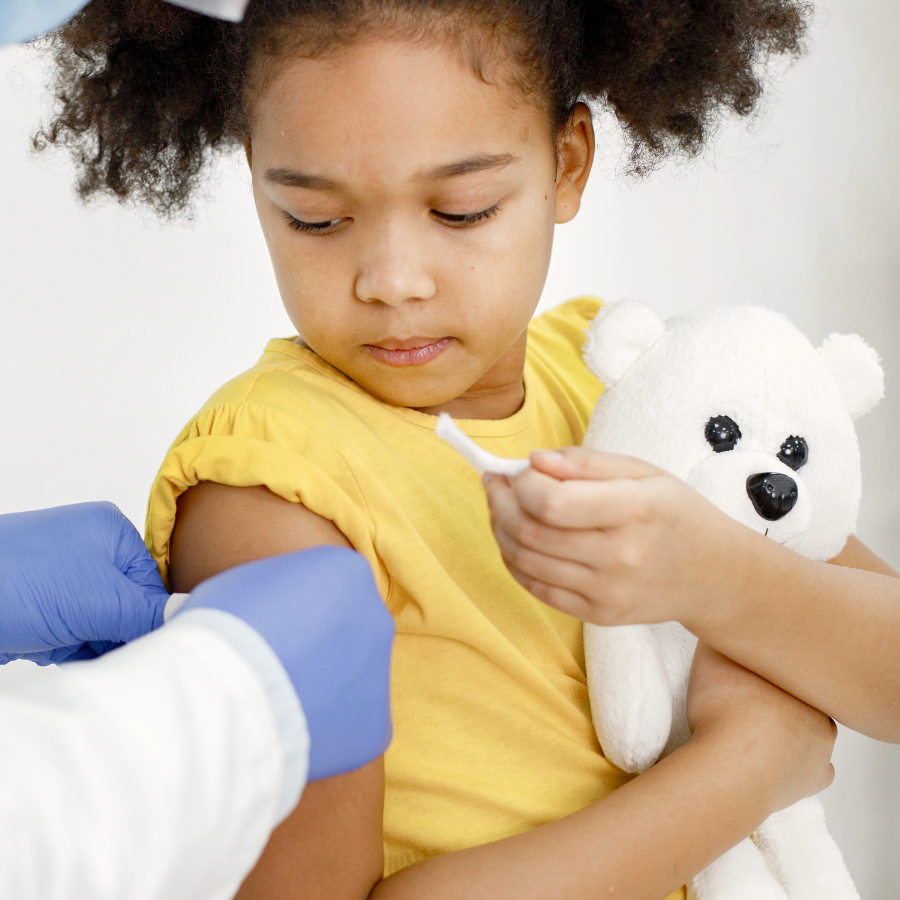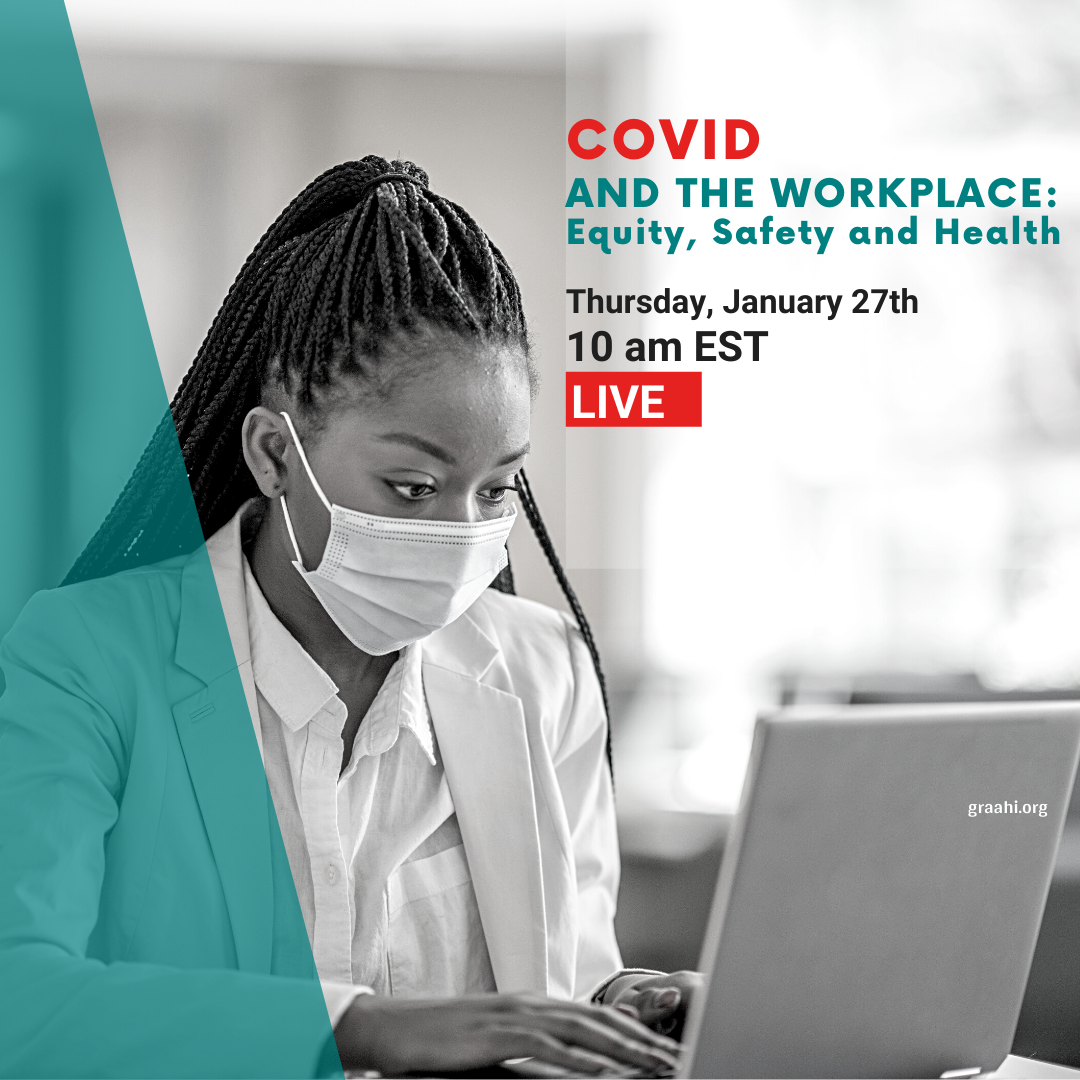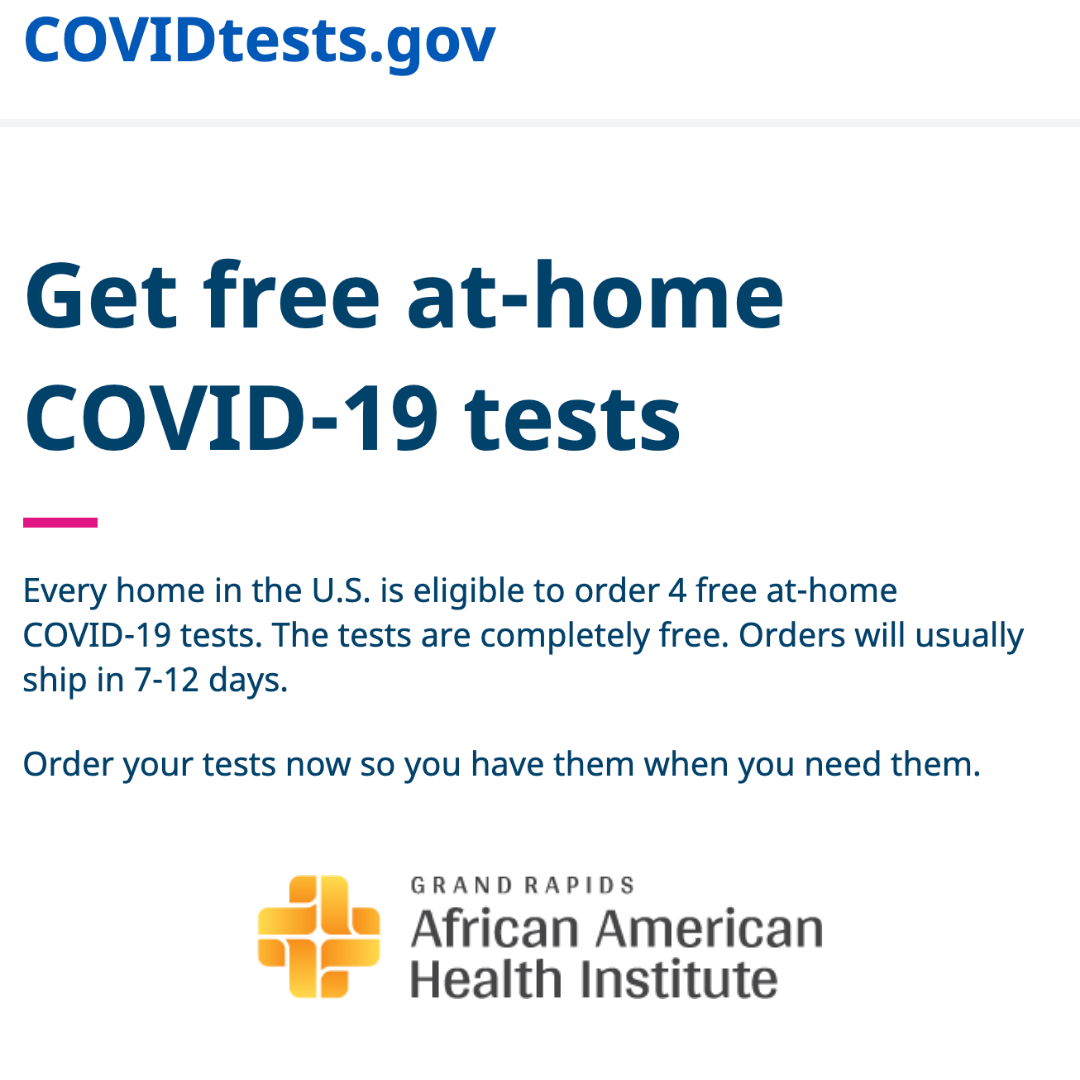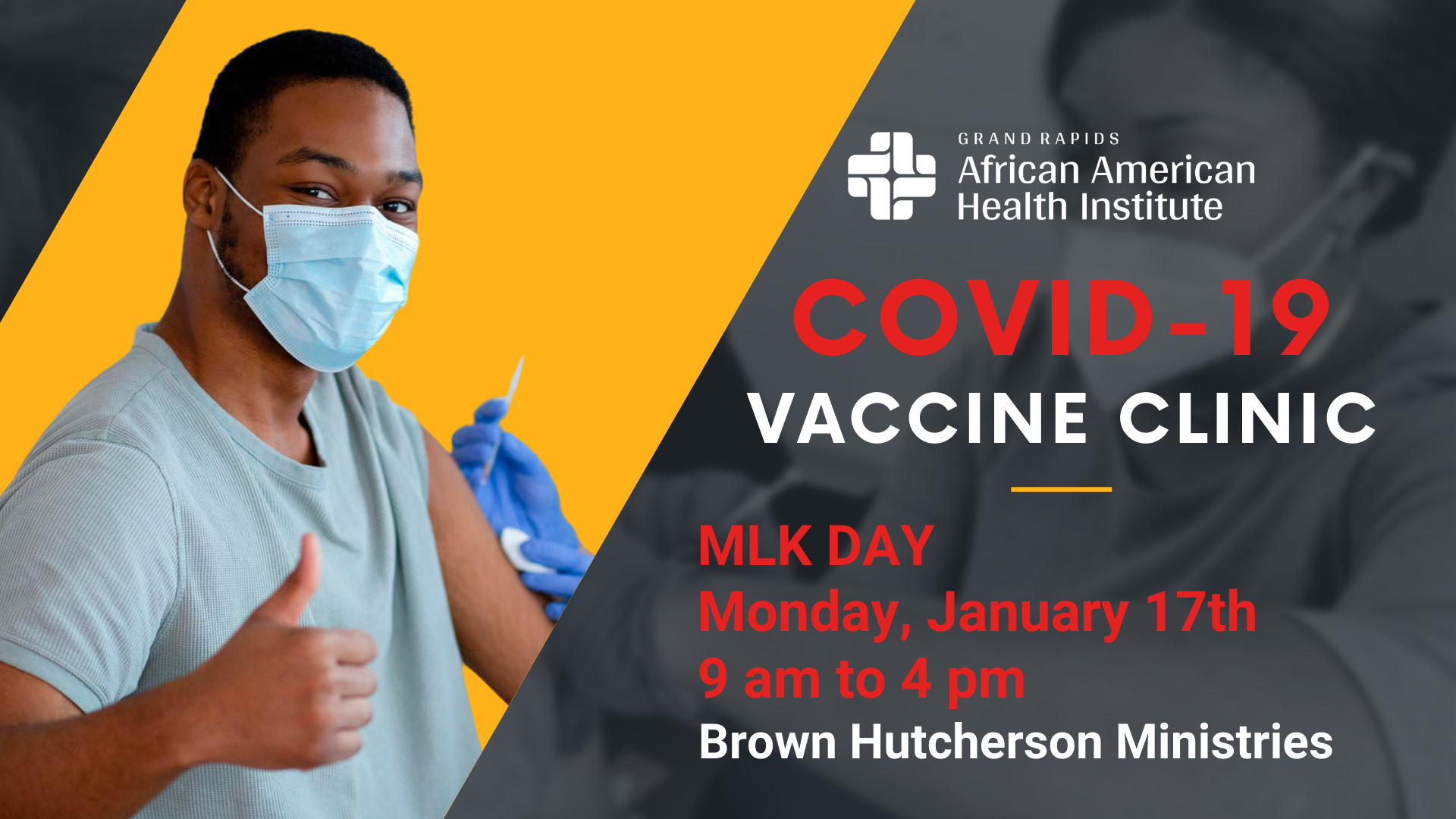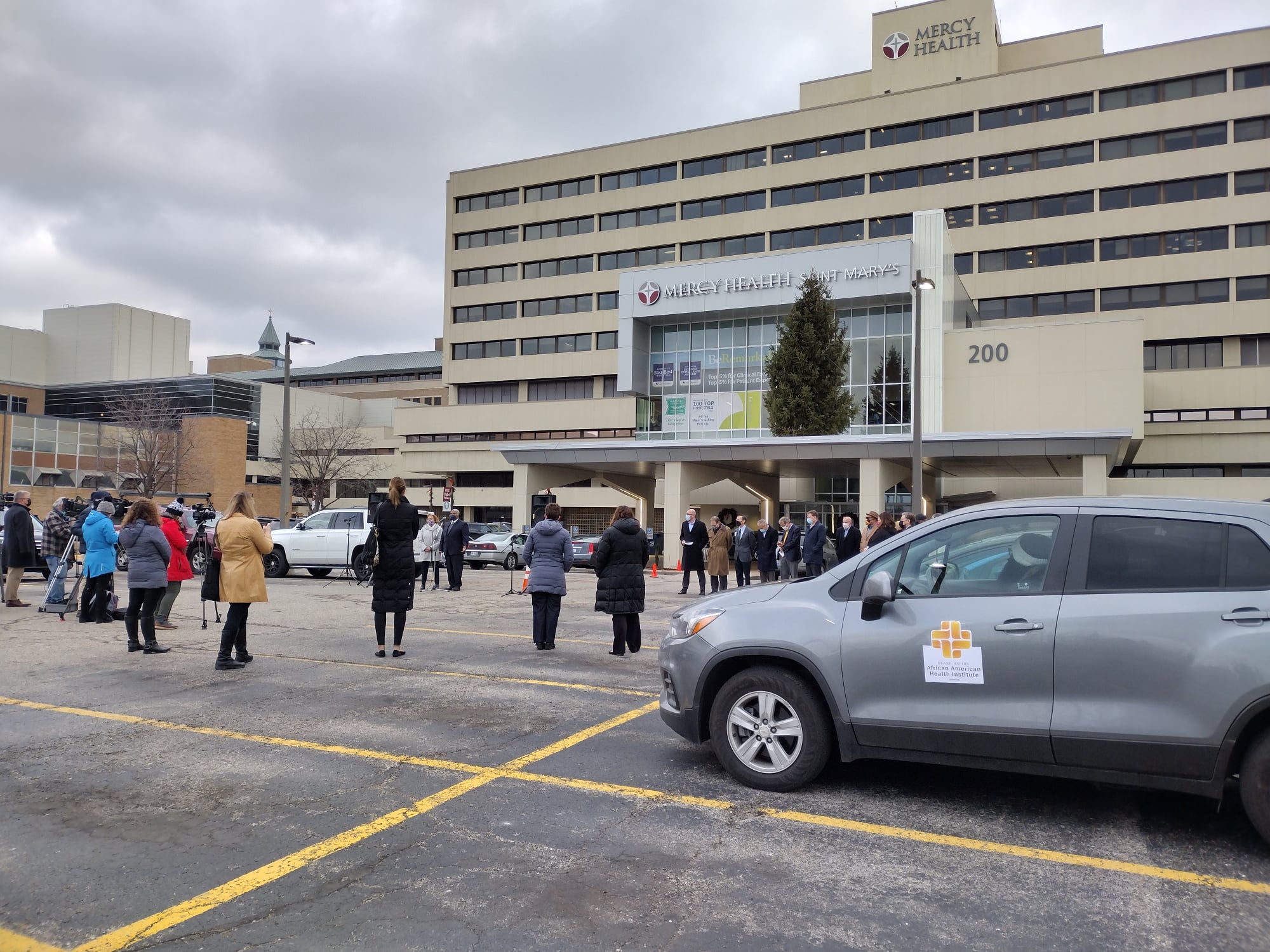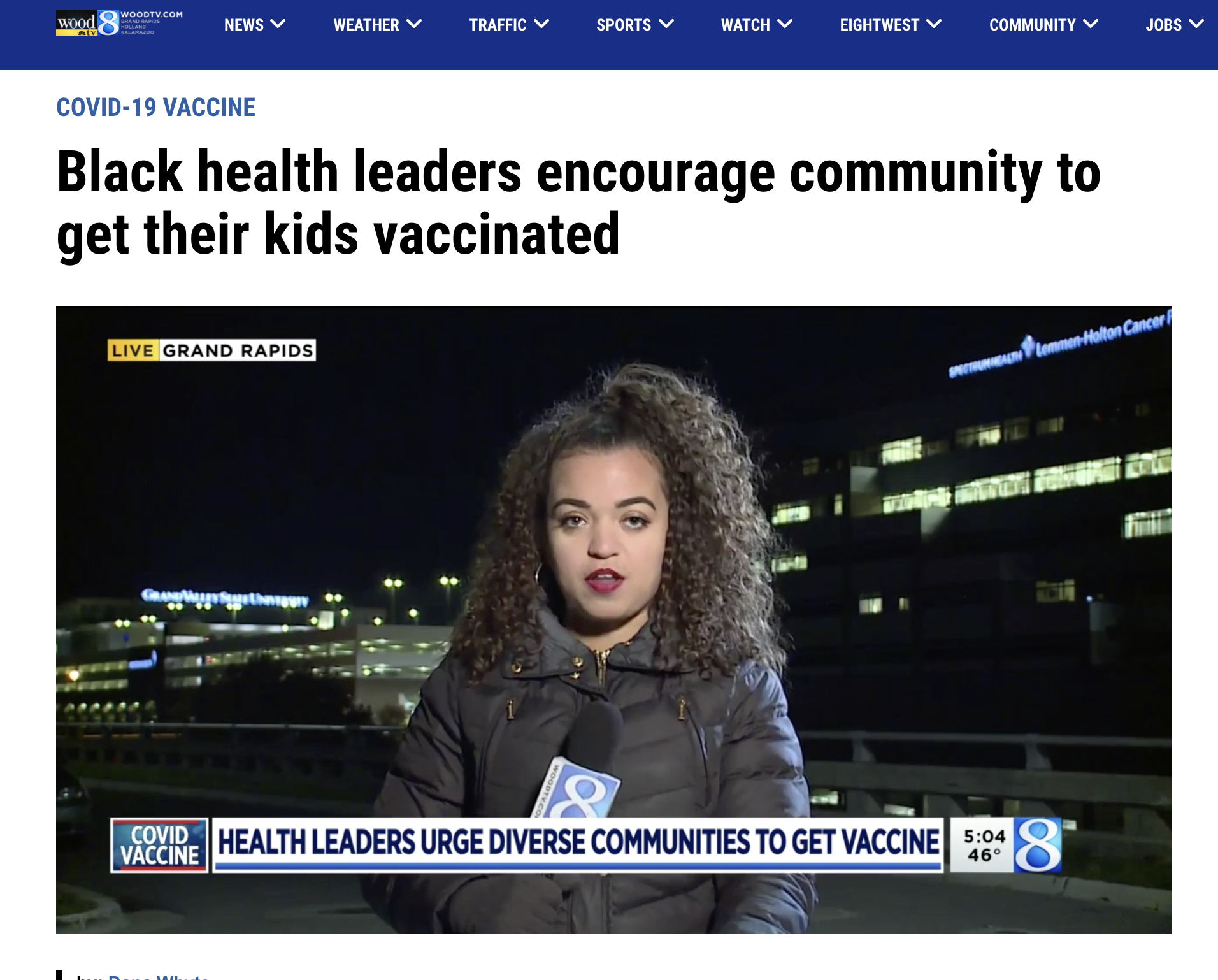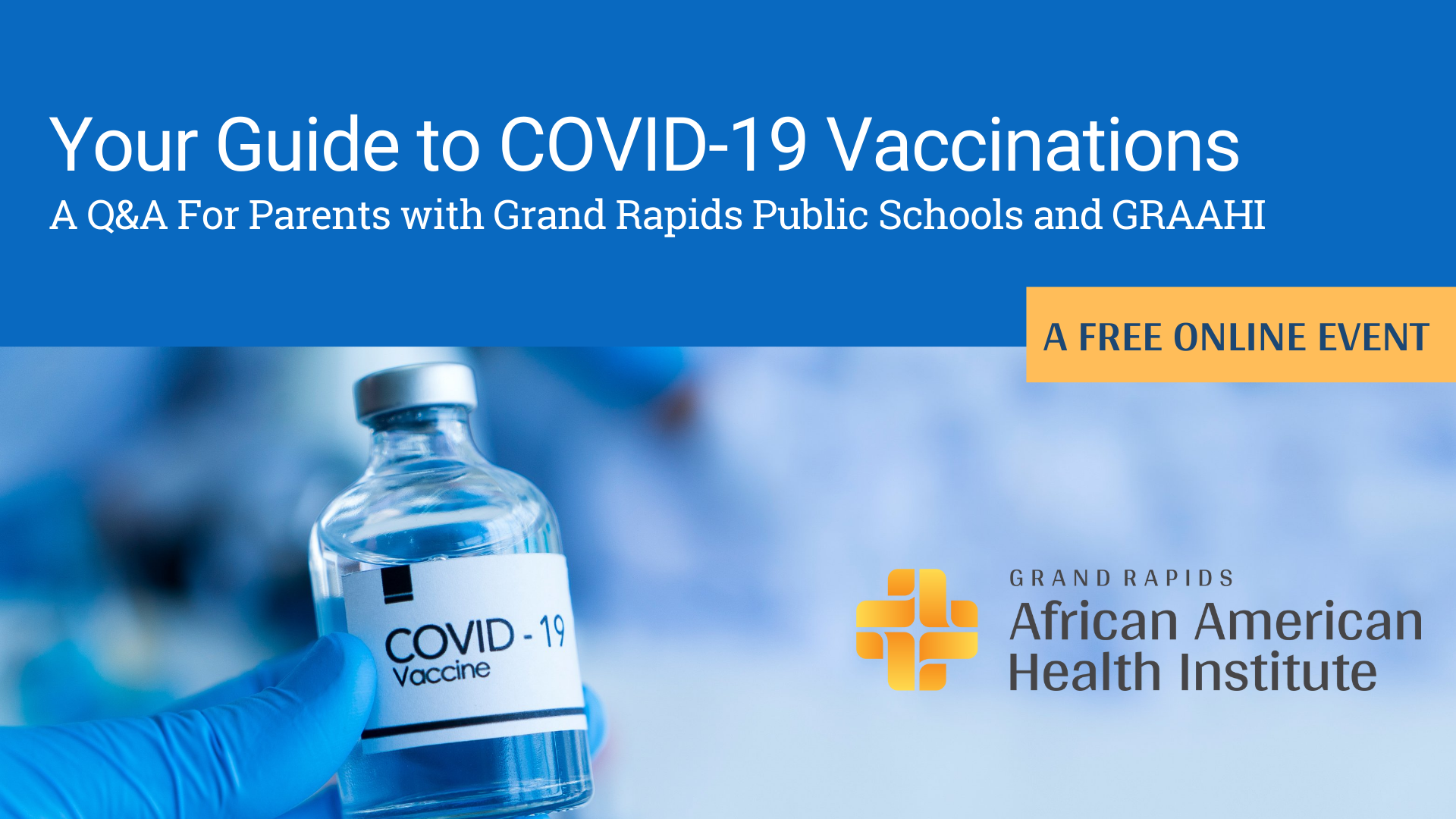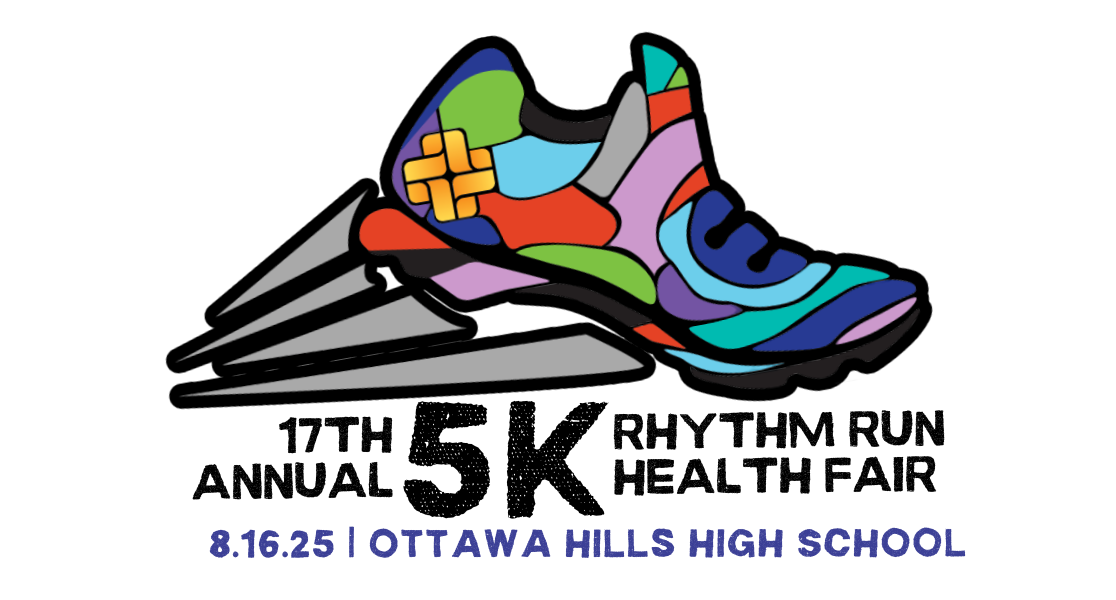Grand Rapids, Mich. (Dec. 19, 2022) – The Grand Rapids African American Health Institute (GRAAHI)announced today it has received a $1 million grant through the federal government’s American Rescue Plan Act (ARPA). GRAAHI was one of 30 grant recipients out of a total of 300 area applicants selected to receive funding by Kent County.
“We are pleased the Kent County administration and commission recognizes the important work GRAAHI provides in this community and has chosen to support our future efforts,” said Vanessa Greene, GRAAHI CEO. “As the leading health equity advocate for African Americans in greater Grand Rapids, we plan to use this federal funding to increase health-related resources for our residents and build on our efforts to make access to healthcare more equitable for all.”
Investing in new and existing mental and physical health programs for local communities was consistently described as “the first priority” in federal, state, and Kent County’s plans for spending ARPA funds. As part of its application process, GRAAHI presented plans to expand our services and impact in these areas. Specifically:
- Expanding and enhancing mental health navigation services for Kent County’s BIPOC residents.
- PROGRAM GOAL/Impact: At least 500 African American residents of Kent County whose mental health needs have developed or been exacerbated as a result of the COVID-19 pandemic will be connected annually to mental health services to regain their optimal level of physical, mental, emotional, and social functioning during the 4-year project period.
- Expanding and enhancing the representation of BIPOC professionals in Kent County’s healthcare workforce.
- PROGRAM GOAL/Impact: Increase representation of African American and Latinx individuals in the Kent County healthcare workforce by engaging an additional 200-300 students annually from 2023-2026.
- Launching a maternal and infant health community navigation program to serve BIPOC individuals and families in Kent County at high risk of disparate pregnancy outcomes.
- PROGRAM GOAL/Impact: Significantly reduce the high and disparate rates of maternal and infant mortality and morbidity from all causes in Kent County’s BIPOC communities.
- Expanding and enhancing the Restoring Health program that serves senior citizens in Kent County whose health deteriorated as a result of the social isolation and medical experiences they endured during the COVID-19 epidemic.
- PROGRAM GOAL/Impact: To serve 300 or more BIPOC adults 65 and older in Kent County each year who were adversely impacted by COVID-19 and/or whose health and wellbeing are now deteriorating or are at risk of deteriorating as a result of chronic conditions, poor nutrition, lack of physical activity, and/or social isolation.
- Organizing and directing county-wide blood drives with a focus on sickle cell patients.
- PROGRAM GOAL/Impact: Expand our outreach to over 100 repeat blood donors in Kent County annually, each donating four times per year, resulting in over 1200 lives saved.
“This grant is both an investment in our community’s future health and a validation of the past work by GRAAHI over the past 20 years,” said Paul Doyle, GRAAHI Board Chair. “Since being established in 2002, GRAAHI has worked to improve access to healthcare for marginalized populations, provided health services to uninsured residents and improved the overall wellness of Black and Brown populations in the greater Grand Rapids area. This grant validates our work and sets the foundation for an even greater impact in the coming years.”
Recently our CEO, Vanessa Greene, spoke with Shelley Irwin at WGVU. Listen here.
